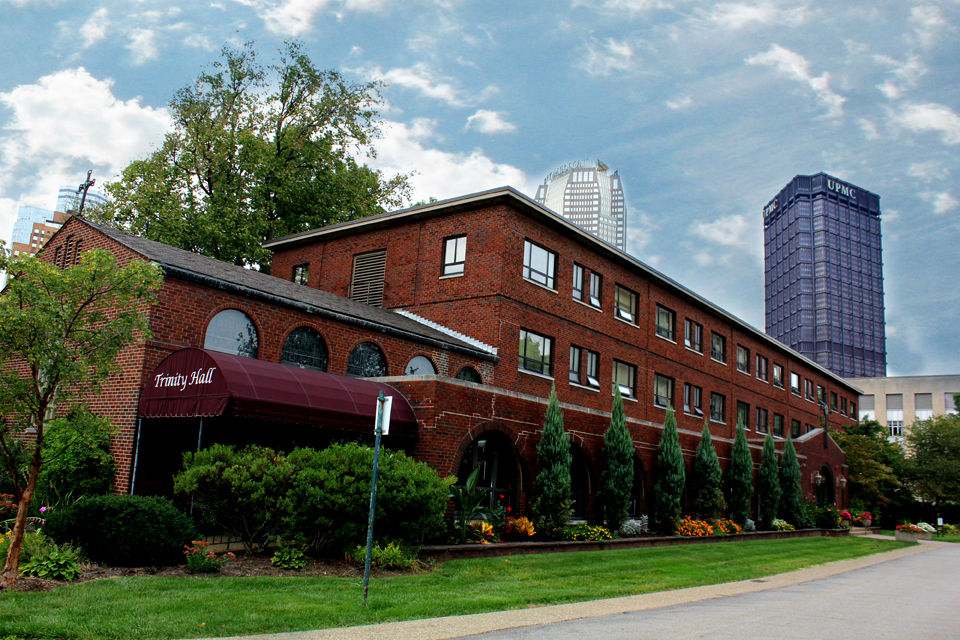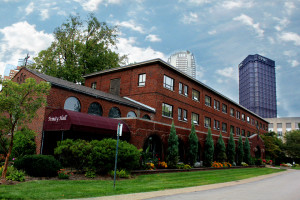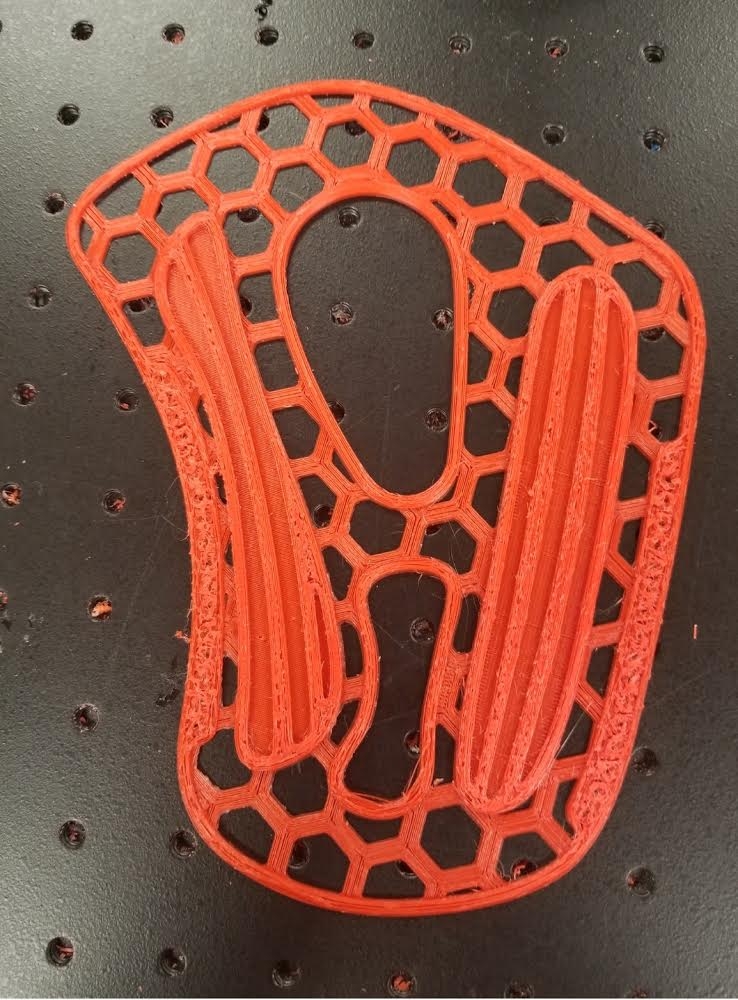

By Seth Culp-Ressler | Features Editor
Nestled away on the quiet side of the Bluff stands a residence hall of a somewhat different strain, one that doesn’t always get the recognition it deserves. Trinity Hall, the nondescript redbrick building behind Old Main, houses not students, but another subset of the Duquesne community — the Spiritan Fathers.
Laval House, the mural-swathed row house on Academic Walk, is probably the Spiritan residence most familiar to students. But Trinity Hall is actually the primary living quarters for priests on campus, with Laval House being where two of the university’s chaplains live. Laval also houses young men interested in becoming Spiritan priests.
Trinity Hall was constructed in 1952 under the guidance of the Rev. Vernon Gallagher, university archivist Thomas White said. Prior to the hall’s construction, barracks occupied the lot, a remnant of the U.S. Army Air Corps students that attended Duquesne while training throughout World War II.
“Since [Duquesne] participated in that program at the end of the war, they had all these extra prefabricated buildings,” White said. “Places like Duquesne were able to bid on them and get them cheap. After the war there was a big jump in student enrollment so they needed classroom space.”
When it came time to build Trinity the barracks were simply jacked onto rails and slid out of the way so that they could continue to be used. Trinity itself was a much-needed housing area for Duquesne’s priests, who lived wherever space could be found on campus prior to the hall’s construction, White said.
At present the building houses about 14 priests, said the Rev. Sean Hogan, president of the Duquesne University Scholarship Association. Hogan is also Trinity Hall’s superior.
Hogan used 14 as an approximation because Trinity’s occupancy can change from time to time as priests spend time abroad or, unfortunately as is the case right now, experience illness. That said, in general, the hall is a consistent and multicultural affair, with its residents hailing from many corners of the world.
“The majority of us are permanent — I’ve been around for 40 years,” Hogan explained. “We have priests from Mauritius, from Nigeria, from France, from Scotland, from Ireland and from America.”
While students who live up on the Bluff may think they know all about campus life at Duquesne, the residents of Trinity also lay some claim to that experience. Many of the priests living in Trinity are involved in day-to-day campus life, from leading various organizations on campus to being deans of schools to simply teaching classes. Of course, having a constant presence of the Spiritan Fathers with whom Duquesne is so closely connected proves to be vital as well.
For Hogan, though, the main benefit of living in Trinity is a constant connection to the students and faculty he’s worked with for so many years.
“When I was vice president of student life, it was no great issue being at various things in the evening, going to various events for student organizations,” he said. “It was quite easy, I didn’t have to get in a car and drive back to campus if I’d gone home for dinner. You just walk off and you’re on campus. It’s very easy to have a presence on campus.”




